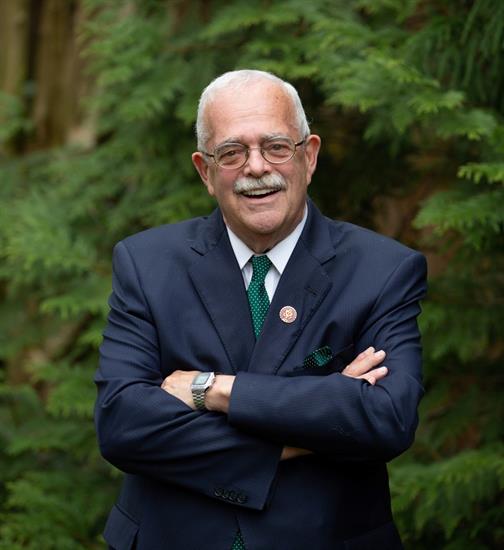What The Olympics and Our History (Should’ve) Taught Us
The conversation surrounding 6-time Olympic medalist Simone Biles and her decision to prioritize her mental wellness, or quit on America before celebrating her achievement, as the likes of Charlie Kirk and Piers Morgan put it, was telling. What it told us is the majoritarian narrative that centers white opinion on the “Americanism” of others persists. One that constantly contradicts itself when it’s convenient, starting with how “all men” and “equal” were defined by the Founders. Biles would go on win an Olympic medal anyway. In doing so, she gave new meaning to American exceptionalism by crushing the old definition. My goal is to continue the crushing for our own good.
Hard truth moment: If you’re American, your ethnicity is derived from either native, slave, refugee, or immigrant origins. Everything else anyone tries to claim is merely a sub-cultural belief and/or tradition that makes being “American” a matter of cultural amalgamation, not ethnicity. Some assume or insist “white” means American, as evidenced by the actions of “influencers” like Kirk and Morgan who assume it’s their place to launch criticisms in the name of America even at people who don’t look like them and have achieved levels of success they cannot conceive — in the name of America.
Thus, one must either be white or white-adjacent to be a true American in his or her own skin, it appears. However, no one race or ethnicity owns American identity despite the misconceptions. We don’t speak English because we’re of English descent. We speak it because, frankly, it was the dialect with the most powerful army. Had Napoleon gotten his way, we’d have hostile southerners telling immigrants, “Soit vous parlez américain, soit vous retournez d’où vous venez !” instead of “You either speak American or go back to where you came from!”
There’s no denying that the land called America was in fact intended to be a utopian reality centered around free, wealthy, European men who’d claimed God-given entitlement to lands occupied by natives. Racial identity may have been part of it, to the extent one could associate wealth with skin color back then. But “white” people have treated each other badly dating back as far as history can remember, before white and black became common social constructs. People were being beheaded and terrorized by monarchies who looked like them for ages. The American Civil War remains the deadliest example of “white on white” conflict in our history despite its flashpoint being race-based slavery.
On balance, “black” people warred with each other as well and regularly sold other black people into slavery on the African continent dating back to the 16th century, before white and black were a thing. As late as the 19thCentury, Segeju ethnic tribes raided villages in Tanzania and sold captives to Arab merchants who supplied the Europeans. Also, bloody battles involving “asian” ethnicities, such as those between Chinese and Japanese armies, were some of the most brutal ever documented. The “Rape of Nanjing” tells the story of over 300,000 lives lost during intra-ethnic conflict, before “Asian” became a demographic. In other words, our race problem began as one involving the human race.
But race sat at a crossroads where skin color, hair texture, and facial features became the foundation of a modern social order. That crossroads idealized the utopian society that would be built by the labor and marginalization of poor, non-white people, which meant no one part of the social order could exist without the others. It was this intersubjectivity, or sharing of subjective experiences, that led to realities colored by the hardships, myths, and cherry-picked histories that we argue about today. Both the fear and support of “critical race theory” embody this conflict and justify its relevance. The extent to which we can see concerted efforts to preserve provably false or debatable narratives, such as the notion that America has always represented freedom for all, are what give oxygen to claims that racism persists.
But this always was, and will remain, a humanity problem, not a race problem. The Olympics continue to serve as a barometer for how far we’ve progressed. Biles’s achievements show how far we’ve come; Kirk and Morgan’s criticism shows how far we have to go. But until we deal with our humanity problem, calling out racism is as useful as criticizing how bad lead-laden water tastes instead of worrying about how lead got into the water. We need to deal with what’s polluting our souls, not just what the pollution manifests. That starts with examining history and our humanity. Specifically, how we know what we know, why we believe what we believe, and how these inform the way we act toward each other.
Simone Biles, her triumph, and her Olympic medals give us that opportunity.
Sherman Gillums Jr. is a retired United States Marine officer and outspoken advocate for justice, equity, diversity, and inclusion across society.



